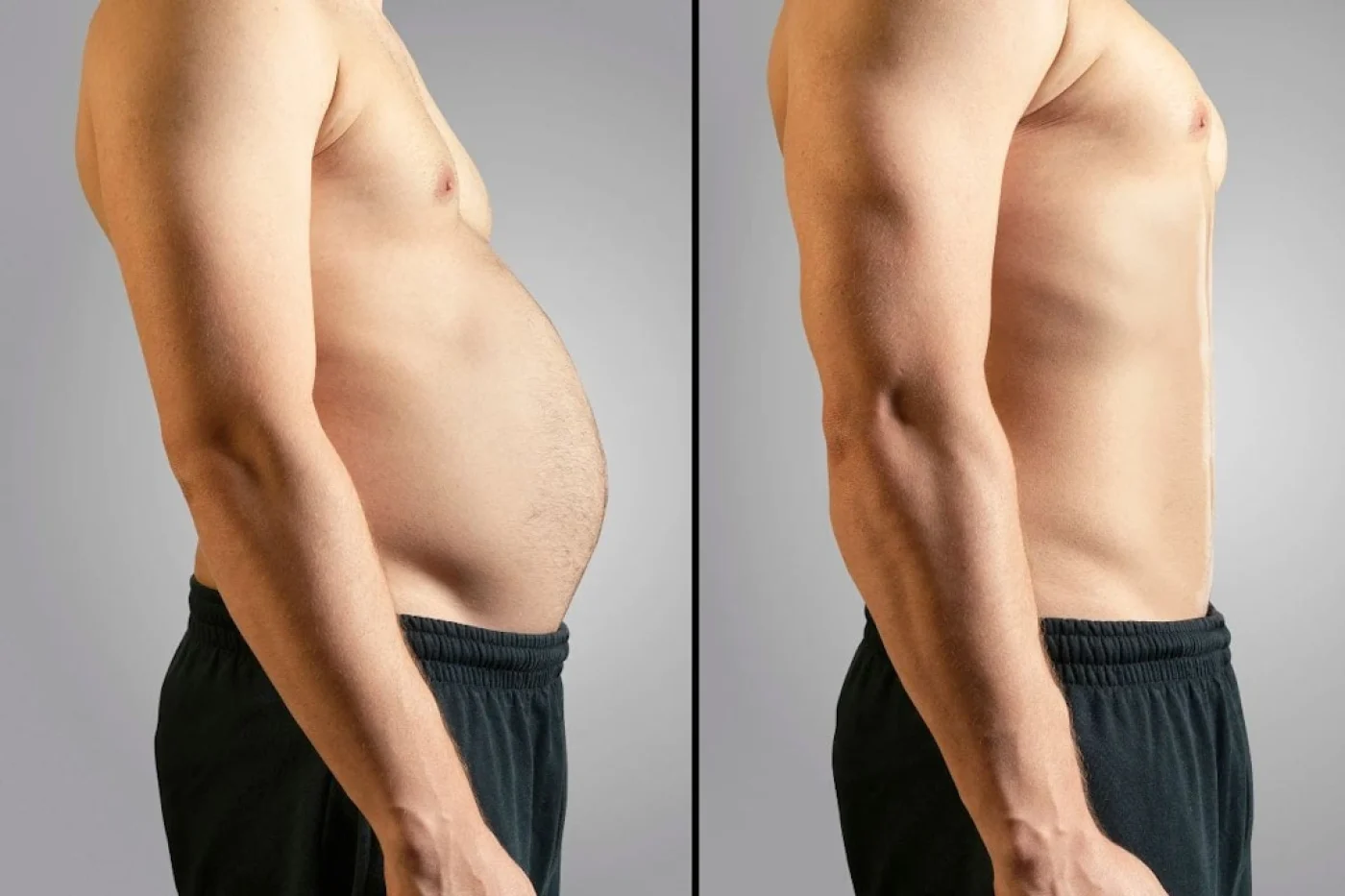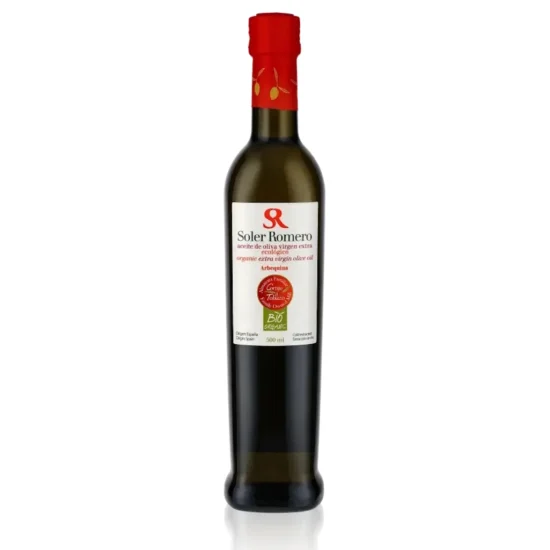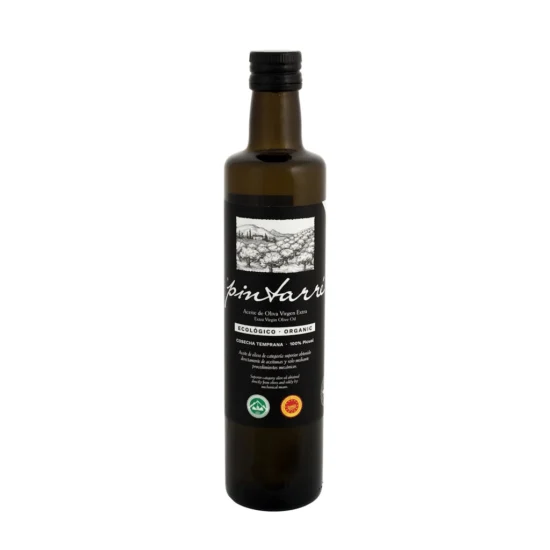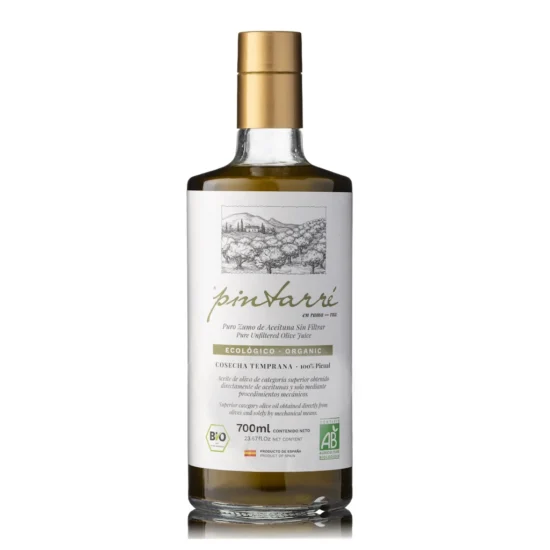
Abdominal adiposity, characterized by the accumulation of adipose tissue in the visceral cavity, constitutes a significant risk factor for the development of metabolic pathologies such as diabetes, myocardial infarction, and certain neoplasias. A recent and comprehensive cross-sectional study, conducted by researchers at the University of Bari in Italy, has provided convincing evidence linking regular intake of extra virgin olive oil (EVOO) with a considerable reduction in the risk of abdominal fat accumulation, regardless of the overall dietary pattern.
The study’s primary objective was to evaluate the correlation between the frequency of consumption of extra virgin olive oil and two crucial anthropometric metrics: Body Mass Index (BMI) and waist circumference.
The research was based on data collected from 16,273 adult participants who voluntarily and anonymously completed an online survey on the Chrono-Mediterranean Diet (CMDS). This survey, in addition to inquiring about food selection, addressed intake timing, physical activity, and provided information on age, sex, height, weight, and waist circumference. Predominantly, 94% of the data came from European countries, with a high representation of Italy.
Participants were classified into three groups based on their EVOO consumption frequency:
A reference amount of approximately 25 grams of olive oil per day (equivalent to about two tablespoons) was established, although the actual amount consumed was not recorded, only the frequency.
For data analysis, advanced statistical techniques were used, including mean comparisons, regression analysis, and mediation analysis, to determine the interrelationship between EVOO consumption frequency, dietary pattern, and waist circumference. The risk of abdominal adiposity was also calculated based on EVOO consumption frequency, adjusting for variables such as age, sex, and dietary habits.
The results revealed a significant association between regular EVOO consumption and more favorable body metrics:
Statistical analysis showed that olive oil consumption mediated 61.9% of the total positive effect attributed to the Mediterranean Diet on waist circumference. Of particular relevance, the beneficial effect of olive oil on this metric remained independent of the overall dietary pattern.
The most notable result was the identification of a 5.1-fold greater risk of developing abdominal adiposity in people classified into the sporadic and frequent (less than six days a week) consumption groups compared to those with regular consumption.
These findings suggest that incorporating high-quality EVOO, ideally daily, can substantially reduce the risk of accumulating visceral abdominal fat, considered an active tissue that releases pro-inflammatory mediators and dramatically increases the risk of cardiovascular disease, type 2 diabetes, and cancer. Extra virgin olive oil, rich in monounsaturated fatty acids and antioxidant polyphenols, appears to counteract these processes.
Limitations and Additional Considerations
Despite its large sample size, which provides notable statistical robustness, the research design is cross-sectional. Therefore, while it establishes a strong association, it cannot prove direct causality. Furthermore, the study was based on self-reports of both body measurements and consumption habits, which introduces a potential risk of recall bias or inaccuracy.
In conclusion, regular consumption (six or more days a week, using about two tablespoons) of olive oil is associated with a significant risk of adverse health effects. Extra virgin olive oil is presented as an effective and independent dietary strategy to mitigate the accumulation of abdominal fat. However, it is essential to consider the high calorie content of olive oil (approximately 120 calories per tablespoon) when integrating its consumption into the management of daily calorie intake.
Important Note: aceitedelcampo.com promotes the consumption of extra virgin olive oil for its culinary qualities and health benefits. However, no medication or current treatment should be replaced without the guidance of a healthcare professional.




ALZAYT EXPORT SL
info@aceitedelcampo.com
C/ Eduardo Bosca 19, 2-5
46023 Valencia
Subscribe and receive a coupon by email for your next purchase.